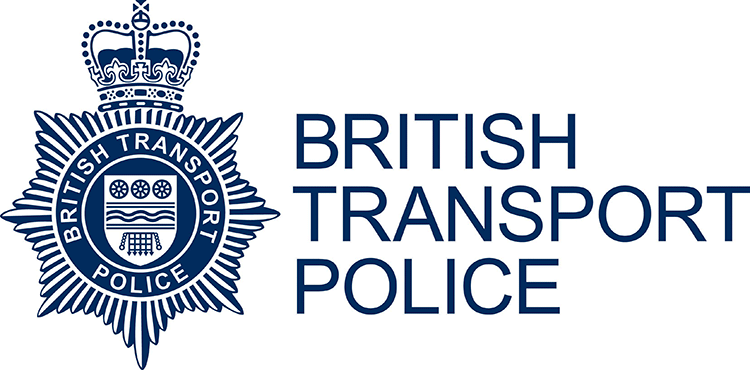BTP six times more likely to use force on Black people
Officers with the British Transport Police (BTP) are six times more likely to use force against Black people than white people, new figures show.
Official records obtained through a FoI request, show BTP officers used force 6,325 times in 2019-20, with one in five cases involving Black people.
The BTP polices England, Wales and Scotland’s rail networks.
A spokeswoman said the BTP “will always place diverse communities at the forefront of our policing approach”. She said: “We are acutely aware of our responsibility to demonstrate fair and effective policing and to consistently analyse and challenge the way we work. Our approach will put the community at the heart of this process, and not only welcome but invite their scrutiny.”
BBC analysis using figures from the National Travel Survey and Department for Transport (DfT), shows Black people are roughly six times more likely to experience force at the hands of police.
BTP figures show 17.5% of all use-of-force incidents were against a Black person. It said the travel survey was “one of a number of different data sets we consider when delivering operational activity”.
A spokeswoman for the BTP said: “It is important to contextualise that BTP is unique in policing a national and transient population, which covers many very varied local demographics across three countries. It also means there are geographical influences on our operational activity which may not be reflected accurately in figures on a national level.”
The charity Inquest said: “Despite recent public concern around dangerous and disproportionate use of force, particularly against black people, this data shows not enough is being done by British Transport police to prevent it. Inquest has documented a long history of black people disproportionately dying following use of force and neglect by police. Inquests frequently uncover discriminatory treatment which is rooted in racial stereotypes, rather than the relevant training or procedures. There is an urgent need for structural and cultural change in policing.”
Source: BBC News https://www.bbc.co.uk/news/uk-england-57261371




